Class List
-
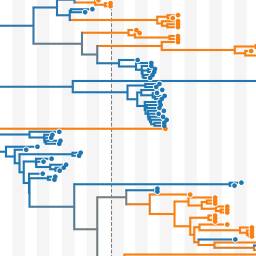
STATS 499: Honors Seminar
Professors: Edward Ionides, Aaron King
Second semester of your honors sequence. As with stats 489, it is very thesis advisor dependent. Usually there is more work compared to stats 489, as you actually have to produce a thesis at the end of the semester, but if you did a lot of work in stats 489, it isn't too bad. You get a certificate during the statistics graduation ceremony too!
-

EECS 486: Information Retrival and Web Search
Professor: Rada Mihalcea
An ok class covering topics in information retrieval. This course is known for being pretty easy, and I could see why after taking it. there were only three homeworks, that acted as projects, and usually could be done in a couple of hours. There was no autograder, and grading was pretty ambigious. I would not recommend you take this class. All the content covered seemed to be somewhat of a subset of 485, which is a much more worthwhile class. The exam and homework were far too easy. This was one of the only classes where I felt I learned practically nothing of practical use after taking it. If you are interested in this course because of its content, consider taking 485 or 445 instead, or moving on to graduate coursework in similar fields. If you are interested in this course because it is easy, consider taking 481 instead.
-
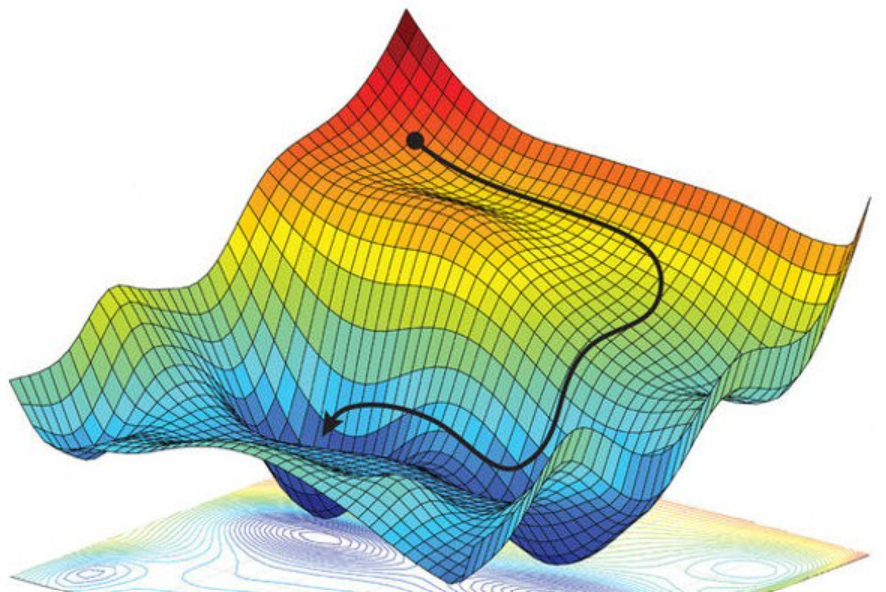
STATS 606*: Convex Optimization
Professor: Yuekai Sun
A course in convex optimization following Boyd's Convex Optimization textbook. This class was very chill. There were only five homeworks, all of which were pretty easy, and the final project grading was very lenient. It was my last semester so I didn't spend a lot of time in this class. I will say that there were two kinds of students taking this class. One type that was interested in the content and engaged, and the other type That was just taking it for a requirement. Be honest with yourself and what you want to get out of the class and you will be fine. Yuekai was a very smart and able lecturer.
-

EECS 388: Computer Security
Professor: Alex Halderman
Probably my favorite EECS class here. A fantastic class from beginning to end. The first half of the course was covering the basics of computer security: Hashing, Encryption, the Web Interface, Networking, SQL injections, XSS, CSRF, padding attacks, etc. The second half was a bunch of interesting guest lectures on current research being done in a lot of adjacent works: Election Security, Network Security, Government Censorship, Machine Learning Security, etc. Professor Halderman was a great lecturer, really well cited reseacher in his area of expertise.
-

MATH 404: Nonlinear Dynamics and Chaos
Professor: David Sabin-Miller
A typical class in Dynamics, following roughly the first 11 chapters of Strogatz's fantastic Nonlinear Dynamics and Chaos. This class was pretty cool, learning a lot about qualitiative ways to describe systems, and you definitely learn a fair bit about differential systems. That being said, I wish the class leaned a bit more into the computational aspect of numerically solving differential equtations, as I really cared about methods for doing that. Overall, a fun class with not a not too heavy workload.
-
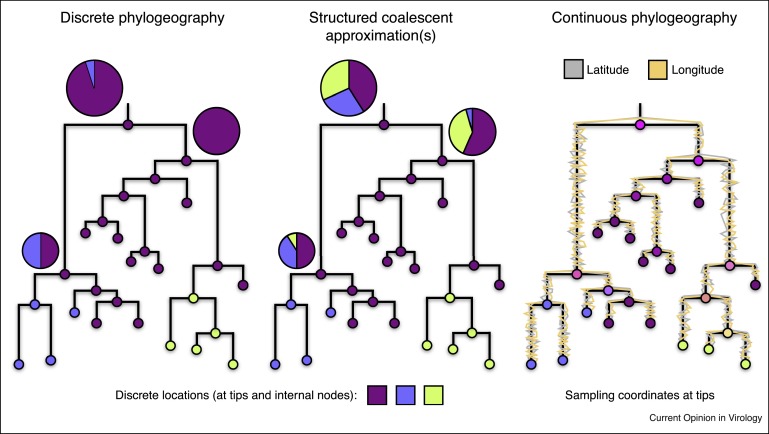
STATS 489: Independent Study in Statistics
Professors: Edward Ionides, Aaron King
First semester of a two-semester honors thesis. I worked with Ed Ionides and Aaron King on phylodynamics, specifically inference of epidemielogical model parameters using phylodynamic trees. Your experience in this class is dependent on your advisors.
-
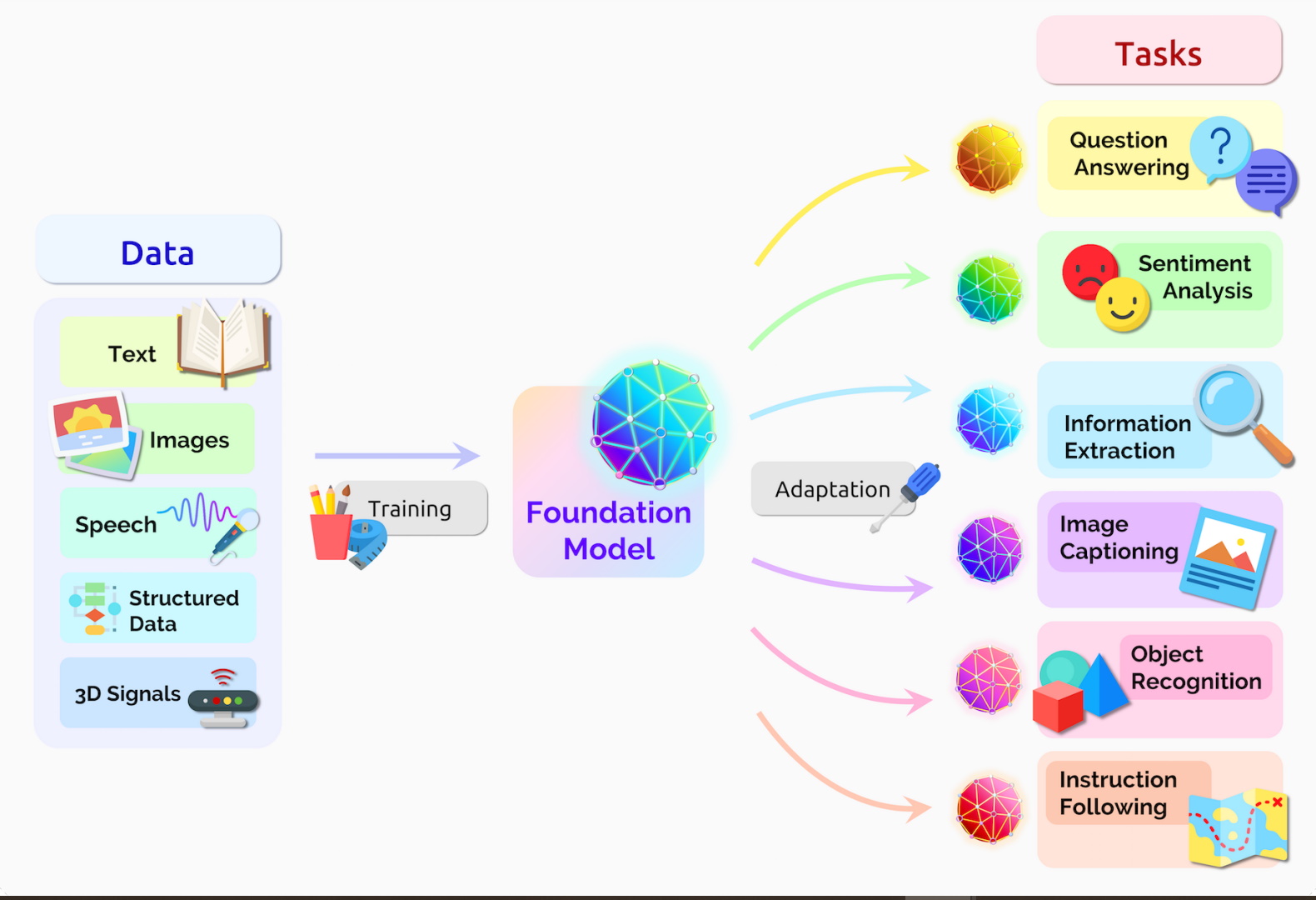
EECS 449: Conversational Artifical Intelligence
Professor: Jason Mars
A chill class, which I used for my EECS MDE. This class is light on the theory in favor of applications of Conversational AI. Homeworks and Lectures were light and straightforward, most of the effort in the class is spent on working in a 5-8 person group project that showcases applications of Conversational AI. This class really felt like you got out what you put in. With the advent of ChatGPT, it's really tempting and easy to make a pretty basic GPT wrapper and call it a day, which is probably enough to get you an A. You should really use this opportunity to work on some projects that are either personally interesting to you, makes you learn some new skills, or is good for the resume (either for grad school or industry). The project that our team ended up making involved me learning a lot of new technologies, like Google Firebase, Langchain, Chakra UI, and FastAPI, so I felt that I learned quite a bit.
-

ASIANLANG 204: Second Year Chinese for Heritage Speakers
Professor: Yan Zhong
Language course fulfilling LSA Language requirements. I took the placement test and got placed into the second year of the heritage track. Heritage refers to having a class that is full of mostly ABC students that spoke chinese at home. I would recommend this class to finish your language requirements; I thought that I didn't know that much chinese, and ended up placing into the second year track, and ended up doing well. This effectively allowed for me to finish what would be a 4 semester long sequence of classes into just one. Professor Zhong was a fantastic professor, and I ended up writing some software for the class too!
-
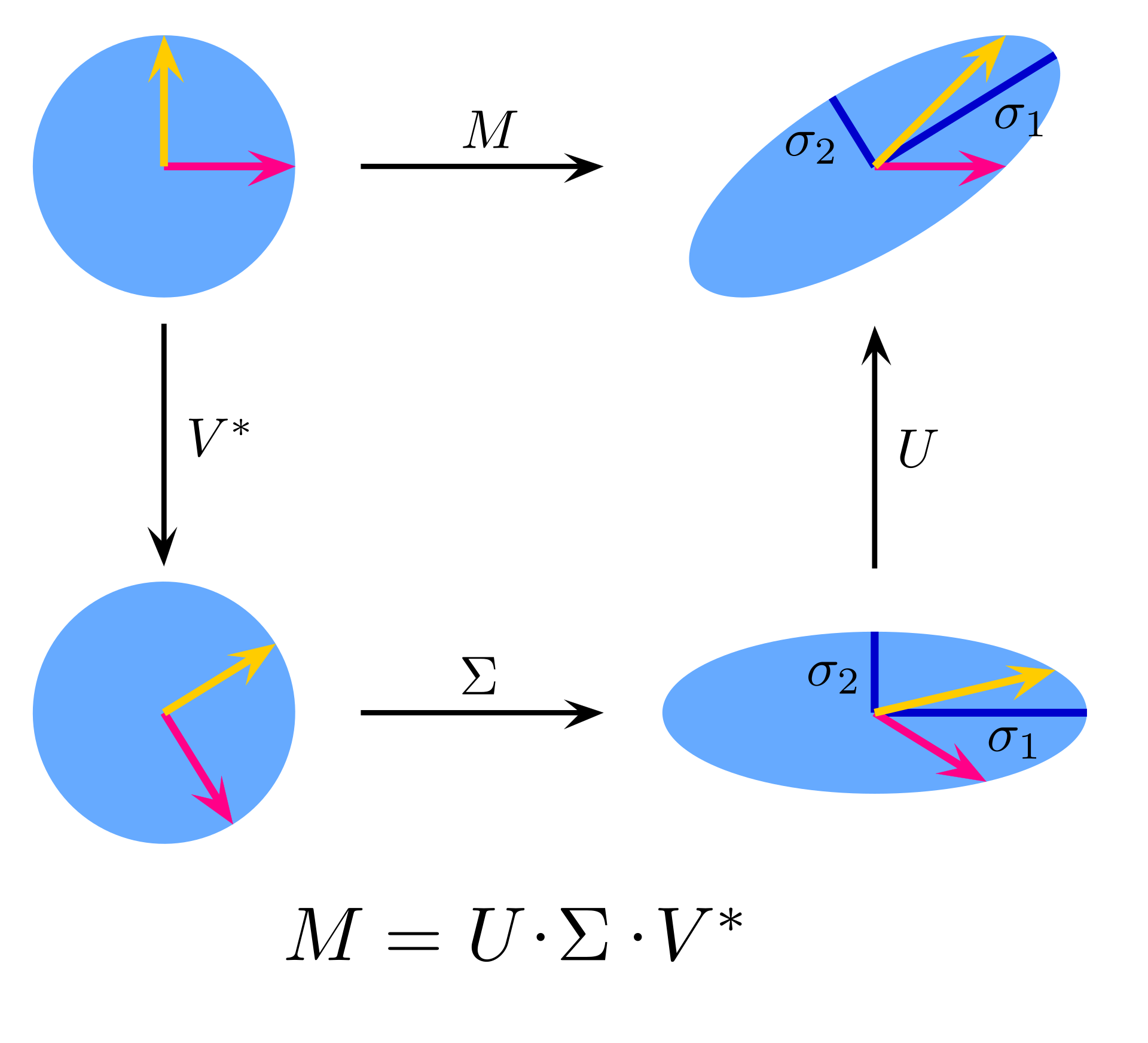
MATH 571*: Numerical Linear Algebra
Professor: Divakar Viswanath
A pretty typical class on numerical linear algebra, following Trefethen and Bau's fantastic textbook. Homeworks in this class were pretty light, and the curve was pretty good (~A- median). I felt as if this was one of the classes where you could condense the material into a couple topics, and everything else would follow. The two big topics were the SVD and the QR decomposition, as well as a couple other miscellaneous decompisitions. Exams were not that bad, the content covered in lectures were fairly straightforward, with a lot of proofs just being derivations. Professor Viswanath has been consistently teaching this course for a while now, and he is very kind towards students and has a deep understanding of the content.
-
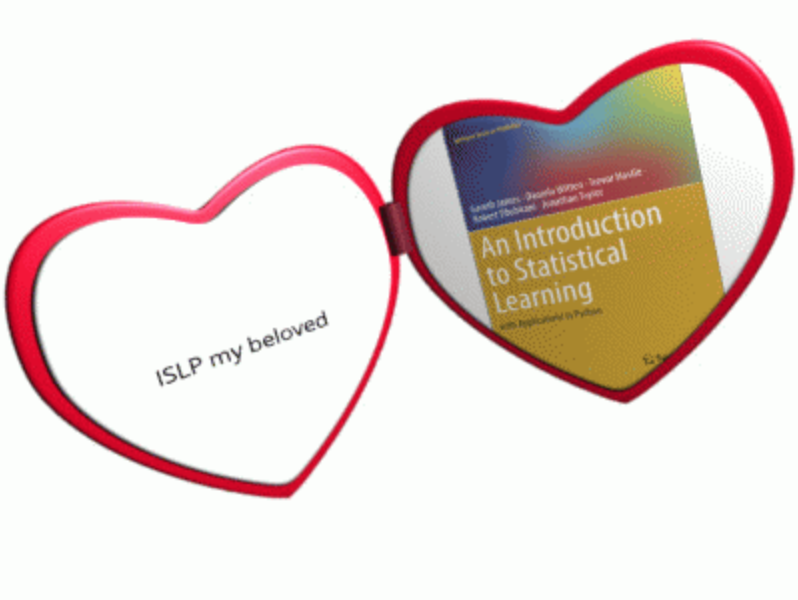
STATS 503*: Multivariate Analysis
Professor: Jackson Loper
A course in Multivariate Statistical Analysis, better known today as Machine Learning. This class was a good survey to the many models used in machine learning, including: Linear/Logistic/Ridge/Lasso Regression, QDA/LDA, Naive Bayes, Trees/Forests/Gradient Boosting, SVM, Neural Networks, and Reinforcement Learning. As is the nature of a survey class, it doesn't do this in that much depth, with very little proofs. The most valuable thing I gained from this class was writing python code to do data anaysis with a slew of ML models. If you have an advanced enough math background(i.e, you've taken an analysis class of some kind), I would recommend taking the Phd version of this class, STATS 601, instead. The textbook we used, Introduction to Statistical Learning with applications in Python is one of the ML bibles, and a fantastic textbook. Jackson Loper was a great professor. He's got that chill millenial down to earth energy, and lectures were really relaxed, but you could tell that he is incredibly sharp and knows his stuff really well.
-
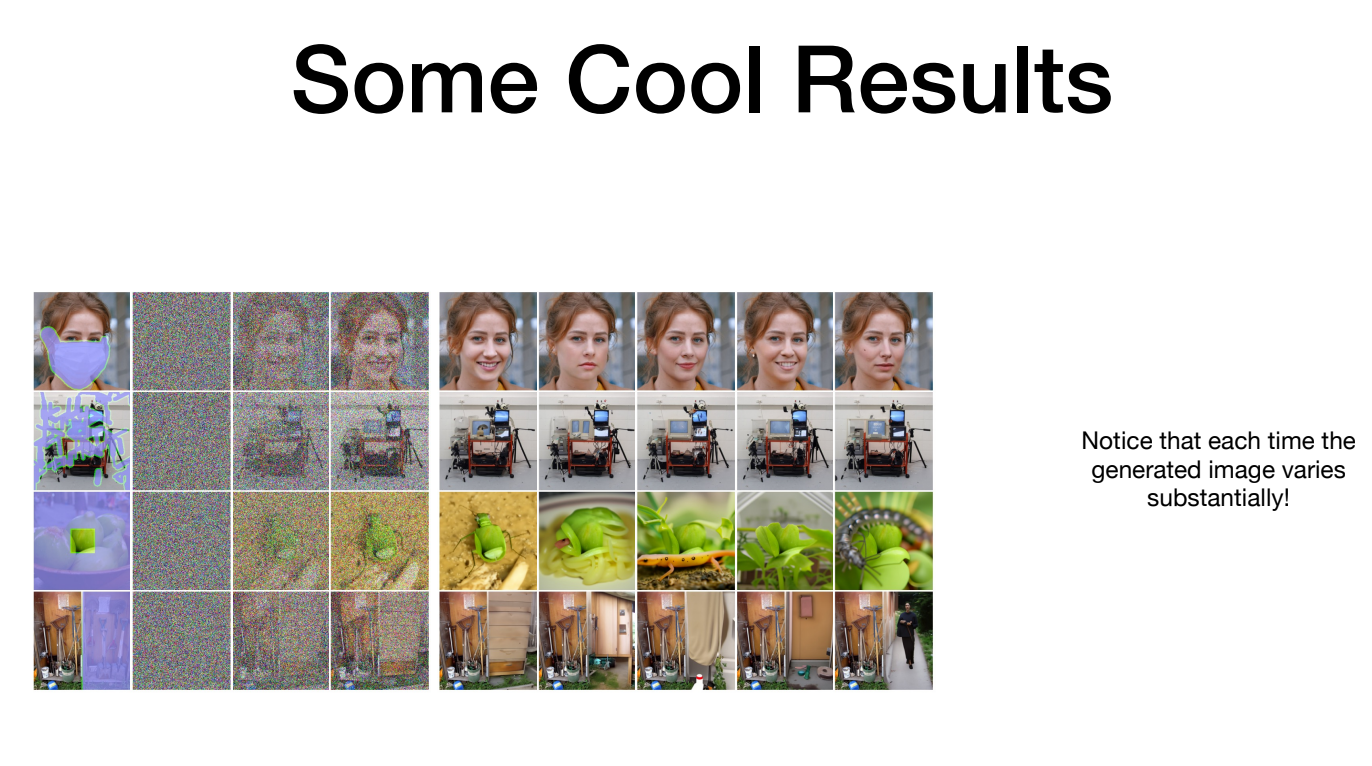
EECS 442: Computer Vision
Professor: Jeong Joon Park
A modern introduction to the field of Computer Vision. I thought that this was one of the better EECS classes. It covered a fair bit of content, with the origins of computer vision and more modern topics like object detection, generative models, etc. Most of the algorithms you learn in class you will implement in the homework by yourself, which I thought was pretty cool. This class also has an embedded mini intro to neural networks component in it, so if you want to learn neural networks but don't want to dedicate an entire class to machine learning, this would be a good class to take. The grading for this class was super lenient. We had a midterm but it was pretty straightforward. Overall, a solid class that I would recommend as an Upper level elective.
-
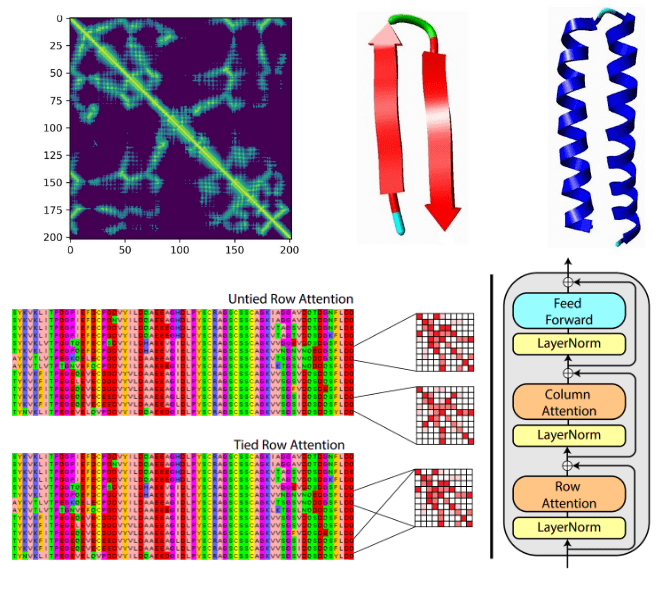
MATH 564*: Topics in Mathematical Biology
Professor: Daniel Forger
Topics in Mathematical Biology is usually taught by Daniel Forger, and usually has a statistical and machine learning flair to it. When I took it, it was mainly focused on machine learning, but covered other topics that are popular for mathematical modeling, like gaussian processes, kalman filter, etc. I personally thought that the content covered in the class was incredibly difficult and fast paced, with someone needing a fair amount of background in differential equations, statistics, and machine learning in order to fully grasp all the content. The homeworks were a cakewalk compared to the lecture, and the final project gave you a lot of leeway on what you wanted to pursue. I just wish the class was organized better, if all the lectures were by slides, I think that I would have retained a lot more of the knowledge. Overall, the class was mostly learning different mathematical/statistical/machine learning models and applying them to datasets that professor Forger provided.
-

STATS 485: Capstone Seminar
Professor: Kerby Shedden
The Statistics Capstone Seminar is basically a "statistical consulting" class. The class is composed of 7 memos, each of which is around 2-3 pages long. The class consists of you learning a new statistical method through some notes and code that the professor provides, and using that to method to make slight alterations to the code to do some analysis on something that you think is interesting. I thought that the class was fairly easy and not lot of work, with most memos taking me 2-3 hours to complete. If you are considering a statistics major, you should know that it counts as for ULWR, as does an honors thesis. Kerby Shedden was a good professor, and gave me some good adivce about grad school during office hours.
-
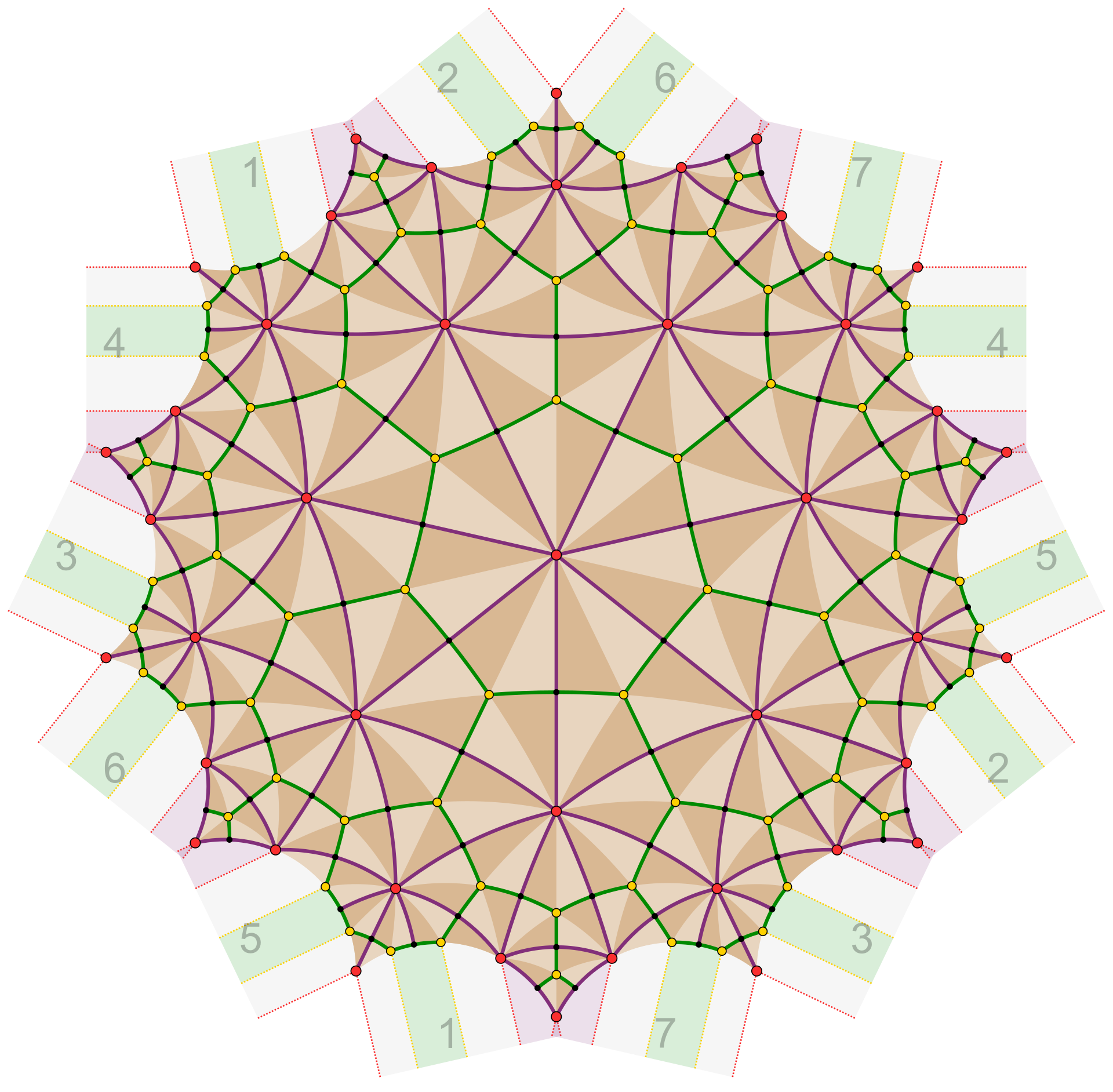
MATH 493: Honors Algebra I
Professor: Kartik Prasanna
Typical class in undergraduate algebra, covering a good amount of group theory, covering all the basic definitions and theorems, as well as some extra content (group isometries and representation theory). I personally struggled a bit in this class, not because I thought it was particular hard, but I thought that the content was poorly motivated (which admittedly is a bit of a me problem). The beginning is pretty chill, but for us it ramped up significantly when covering the sylow theorems, group isometries, and representation theory units. Note that the content covered in this class is heavily instructor dependent (but almost always has a pretty decent curve).
-

EECS 485: Web Systems
Professor: Andrew DeOrio
Really enjoyed this class! Personally, I view pretty much all the CS upper electives as survey courses, and in that regard there are a couple that I personally feel aren't worth taking (lack of rigor in 445 comes to mind), but 485 embraces that aspect, covering such a wide swath of topics and technologies. It doesn't do any of topics in great detail, mind you, but the course does such a great job motivating you to pick out the topics you enjoyed and explore them in greater detail in other upper-level eecs classes if you should wish to do so. I would STRONGLY recommend taking this class as your first upper-level eecs requirement, as it helps you understand what other upper levels you want to take. In terms of workload, it's pretty heavy, but if you have a good group, all the projects should be slightly easier than 281 projects. It's also a great resume builder. By the end of the class, you can add to your resume: 2 programming languages (Python and Javascript), a frontend and backend framework (flask and React.js), A full-stack project (P3), and a distributed systems project (P4 and P5).
-
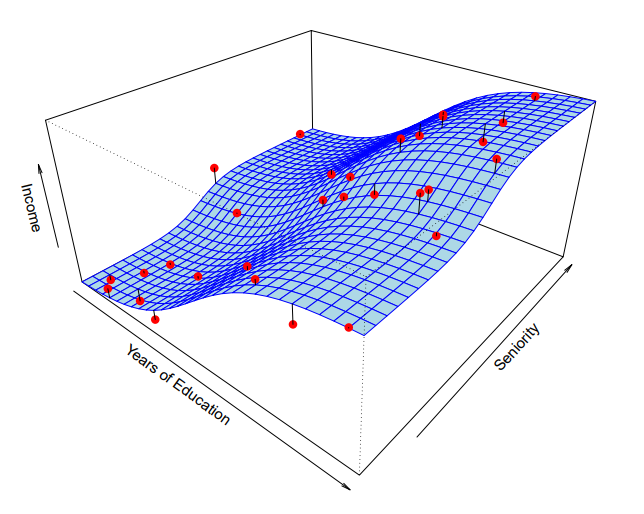
STATS 500*: Statistical Learning I: Regression
Professor: Brian Thelen
Graduate (Masters) version of stats 413, covering roughly the same content. Mostly focused on applications, with easy math derivations on the homework. The content covered in this class is substantial, and useful if you want a good background in linear models for machine learning. Overall, the class was good for learning techniques, however, I felt that the lecture didn't put much emphasis on the mathematical reasoning for some of the methods, and felt more like "heres the r-code, now do it". After taking Stats 503, I think that the regression covered in a comparable intro to statistical learning is more than enough, and doesn't warrant an entire semester. As for advice, the course defintely ramps up after the first midterm. Try to understand the main ideas and intuition behind the models, and if you are curious on the mathematical background, study it on your own or take Stats 600.
-
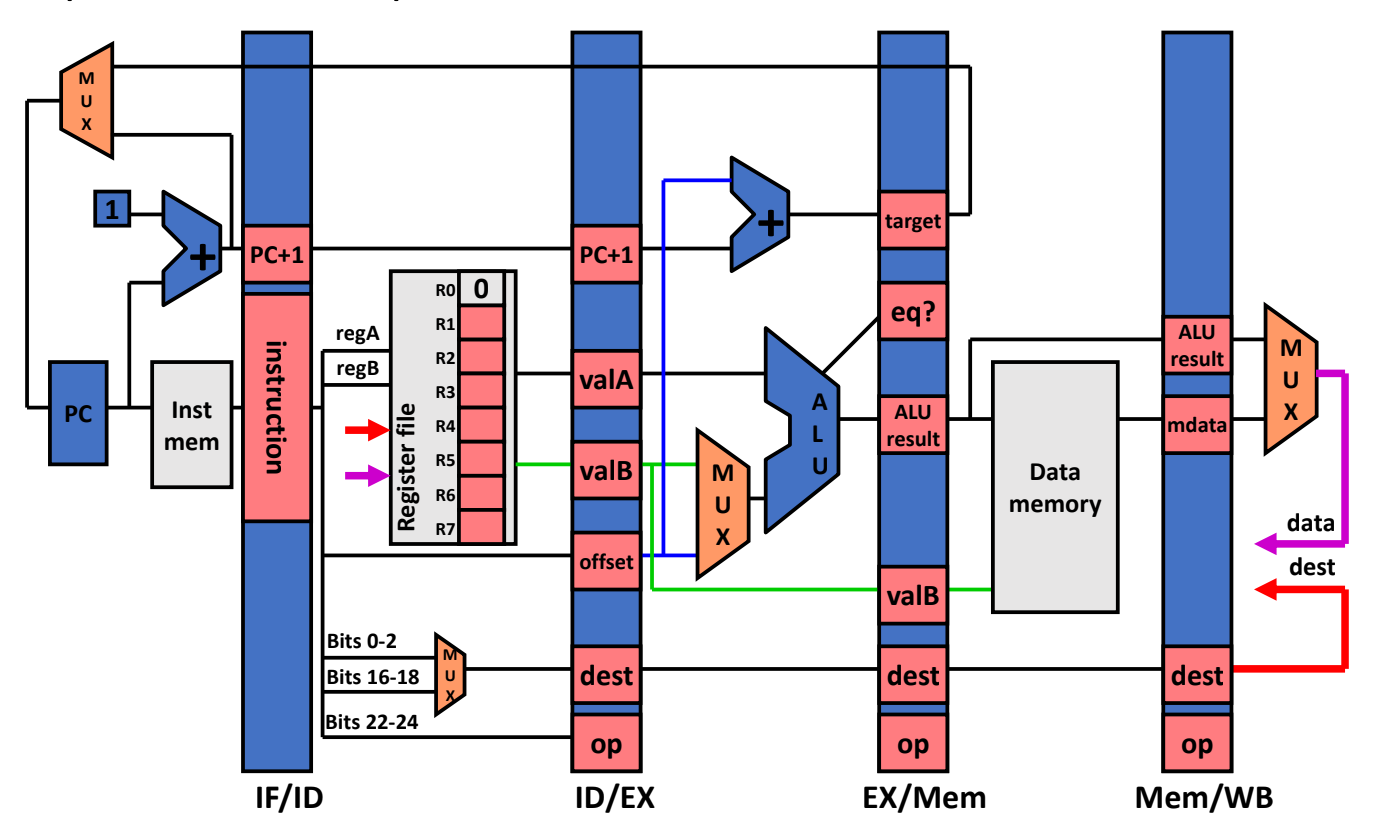
EECS 370: Introduction to Computer Organization
Professor: Jonathan Beaumont
This class is often described as the litmus test for whether or not you like systems or not, and has me firmly placed in the "non-systems" camp. I can't tell if it's just because the course is structured poorly, as I've heard that 370 and 376 are both not great introductions to those subjects in cs from people that are in systems and theory respectively, but I couldn't watch a 370 lecture without my eyes glazing over. The projects are all really simple, if you go to lecture it will probably take you 5-10 hours per project. The midterms and exams are notoriously difficult, but if you do the previous exams, you'll probably survive. It's worth noting that the variance in difficulty in 370 exams is crazy high, often you'll have semesters in which the median is 50, and one where the median is 70. Overall, a pretty typical workload class that I thought was unfortunately very boring.
-
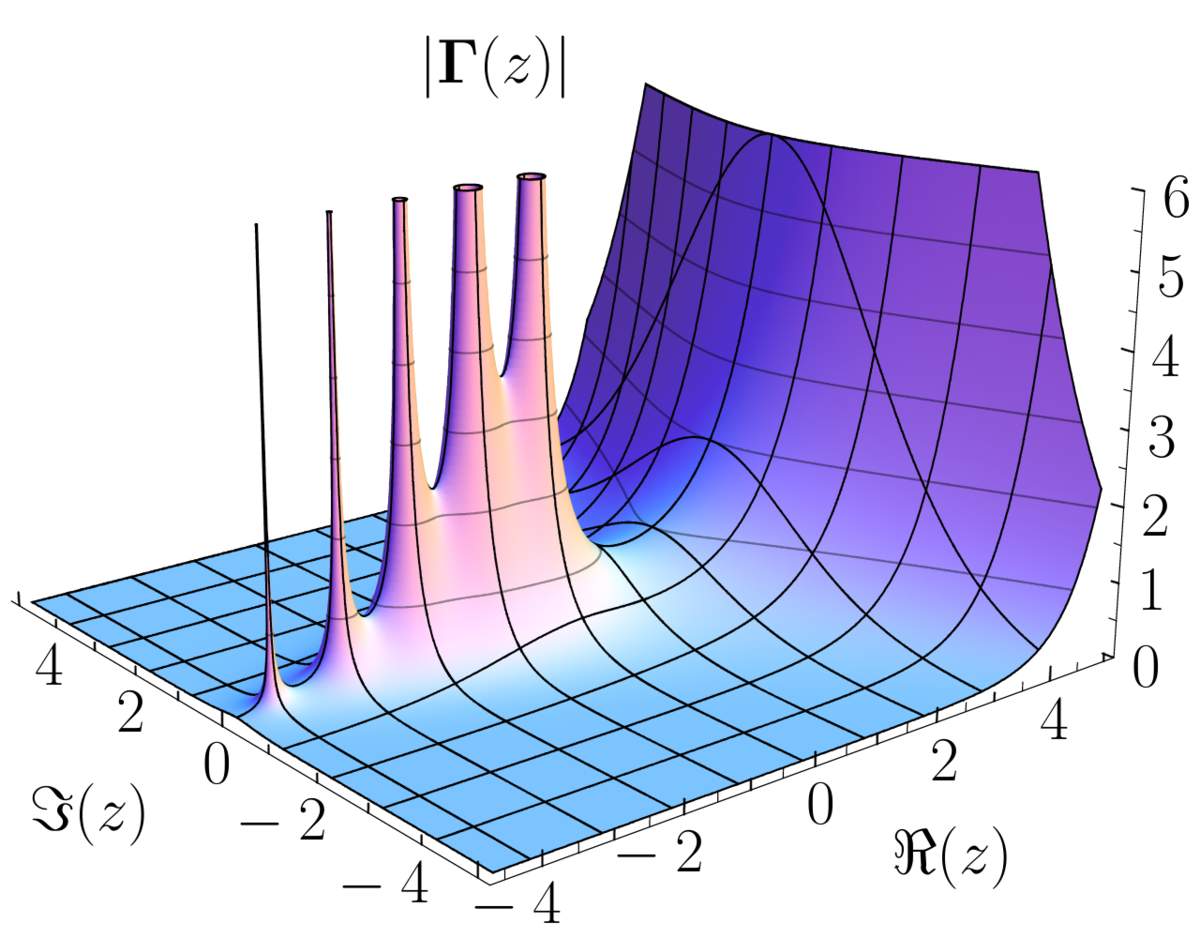
MATH 555*: Introduction to Complex Variables
Professor: Ahmad Barhoumi
Pretty typical undergraduate level course in Complex Analysis, covering pretty much all the major definitions and theorems. I personally struggled quite a bit working in the complex plane, as the definitions become a bit wonky, and lose a lot of intuition when working outside the reals. General advice would be just to remember the major definitions (Cauchy's integral/derivative formulas, Liouville's theorem, Argument principle, Residue theory come to mind the most) and gain a good understanding of complex arithmetic early (seriously, this class is a lot of arithmetic). My professor, Ahmad Barhoumi was great! despite this being the first time he taught a 500 level course. Super down to earth and approachable guy, also has practically native level english skills despite being from Qatar.
-

STATS 511*: Statistical Inference
Professor: Kean Ming Tan
A course in Statistical Theory and Inference at the graduate level using Casella & Berger. To be honest, I felt that the course was a bit dry and lacking in rigor, with a lot of the proofs being hand-wavy or just sketches. Statistics being the field that it is leaves a lot of lacking for the motivation behind lots of definitions, but this was pretty much the first statistics course i've ever taken so take my opinion with a grain of salt. It was cool seeing the derivations and reasoning behind common stuff you could see in an intro statistics course(Z and T tests, MLE, Hypothesis testing, Confidence intervals, etc). My professor, Kean Tan Ming, was super great and a real funny guy, his office hours were able to demystify pretty much anything you had trouble with. If you are considering taking STATS 426, whether it be for a degree requirement or just personal interest, I HEAVILY HEAVILY recommend you take STATS 511 instead. It counts as an override for 426 and has a ridiculously generous curve (look it up on atlas if you don't believe me).
-

EECS 281: Data Structures and Algorithms
Professor: David Paoletti
Yikes this class was a lot of work. Overall, the concepts covered in lecture aren't really that difficult, but the questions they ask you about it on the exams are pretty difficult. Generally speaking, the advice I would give you would be to do a lot of leetcoding beforehand, as the exam FRQS and lab questions are literally just rewritten leetcode questions. This kills two birds with one stone if you are also looking to get a SWE internship. Make sure to learn most of the core Data Structures and Algorithms (no pun intended) beforehand (Stack/Queue & Priority Queue/Hashmap/BST/DP). If you are familiar with these topics, it really isn't worth your time to go to lecture. I personally never went to lecture and subsisted entirely on lab recordings, and it seemed to be enough to get by. As everyone says, start projects early, as no matter how well you know the material, it will still end up being a timesink. Paoletti and Darden teach this class pretty much every semester, and both of them are top notch professors.
-

EECS 376: Foundations of Computer Science
Professor: Leqi Zhu
Depending on how comfortable you were in 203, this class will range from being a fairly light introduction to the theory of computation, or will be the absolute bane of your existence. Homeworks for the most part felt pretty handholdy and not too difficult to complete on your own, but I am also a biased math major so please see how comfortable you are with the first few homeworks and plan accordingly. Lecture sometimes seemed pretty disjoint with the questions on the homework, I mostly used the course notes they provided and the discussion notes and worksheets to learn the material. I would say that this course more than others, going to lab is useful to understand what is actually going on. Leqi(Jimmy) Zhu was a funny and empathethic instructor, who is unfortunately leaving for the University of Toronto next semester.
-

MATH 526*: Discrete-State Stochastic Processes
Professor: Asaf Cohen
This class was great! If you like probability, then you will for sure like this class. Tons of applications to queueing theory, machine learning, financial math, control systems, biology, (the list goes on and on). One thing I will say is that we skim over a lot of the proofs, and the class can be a little hand-wavy at times, but that is not the fault of the instructor or the class, as you have to cover a lot of non-trivial content without the use of measure theory, which obviously means you have to leave some stuff out to fit it all in a semester. Homeworks usually were not that bad, but it defintely becomes harder as the semester went on. Asaf Cohen, my instructor, was probably the best math instructor I have ever had. Super knowledgable and patient guy, providing tons of intuition to all the theorems and definitions. 100% recommend taking the class with him if you have the chance.
-

EECS 280: Programming and Intro Data Structures
Professor: James Juett
Solid class that covers a lot of the underlying architecture used for data structures (classes, pointers, iterators, polymorphism, operator overloading, the new keyword, etc). Taking this class with only a Java background, I can honestly say that i've been converted to C++ supremacy. You really gain a newfound appreciation for how the underlying mechanisms of things that are taken for granted in other languages. For example, most other languages don't even go over pointer semantics or the new keyword, although most use it. I highly recommend using the online textbook (Runestone) that was graciously given by the 280 staff, I personally just used that and never went to a single in-person lecture (although lectures are all recorded if you are into that). My only piece of advice would be to get good at using the debugger and starting projects early.
-
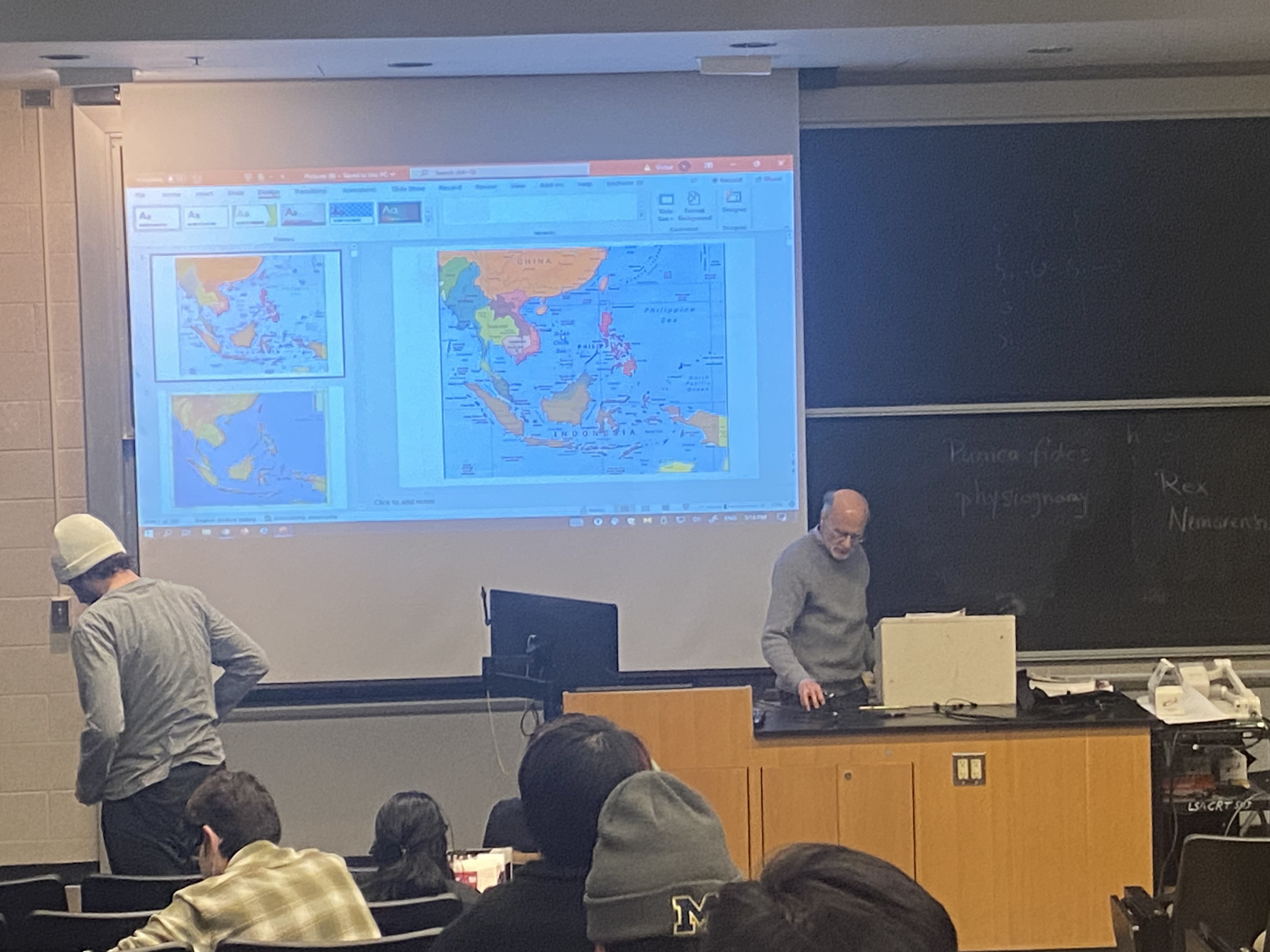
HISTORY/ASIAN 207: Southeast Asian Civilization
Professor: Victor Lieberman
This course was amazing. Professor Lieberman is world-renowned in his knowledge of Southeast Asia, and his lectures are incredibly engaging, rich with illustrative anecdotes. I left with a much better understanding of Southeast Asia, and a rekindled appreciation for history in general. Professor Lieberman won the award for best Professor in 2014, and for good reason. If you are looking to fulfill your Race&Ethnicty/Social Sciences Gen Ed, or if you are just interested in histroy in general, please consider taking a course with Professor Lieberman. He teaches HISTORY 207 and HISTORY 244.
-

SOC 100: Introduction to Sociology
Professor: Robert Jansen
I initially took this class for the easy Social Science credit, and I can honestly say that it really wasn't worth it. The topics discussed had the opportunity to be interesting, but it seemed so basic and surface-level that it was hard to do the readings without my eyes instantly glazing over. I would recommend taking SOC 300 if you are actually interested in Sociology, or to seek out more interesting courses if you are looking for Social Science credit.
-
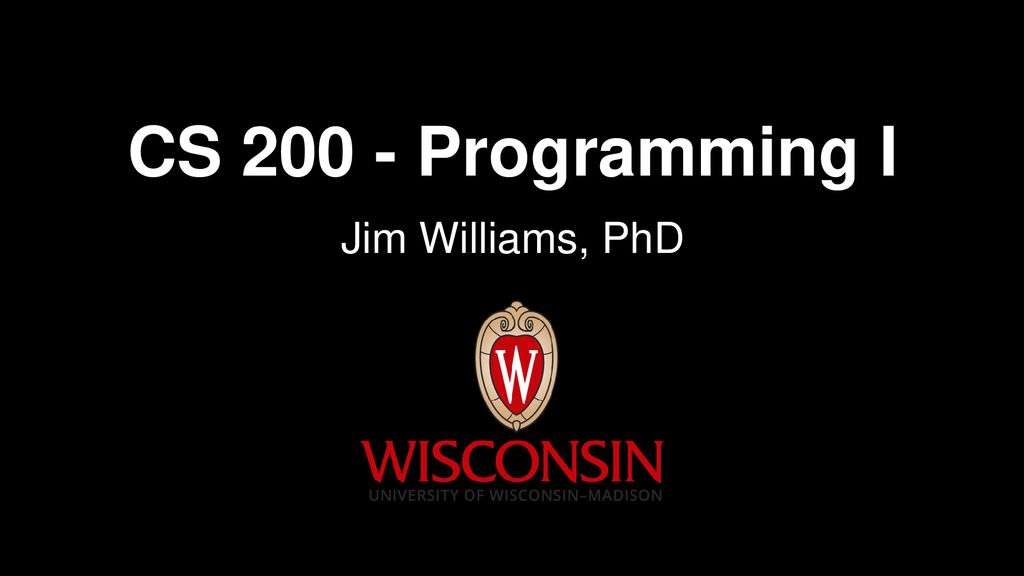
COMP SCI 200: Programming I
Professor: Jim Williams
As intro to programming courses go, this one felt wayyy too long. I feel like if I had the chance to do this class over, I could learn all the content in 2-3 weeks instead of stretching it out over an entire semester. I would highly recommend self-studying and requesting an override into COMP SCI 300 or taking an accelerated course at a community college and transferring it over as credit instead of taking this class.
-
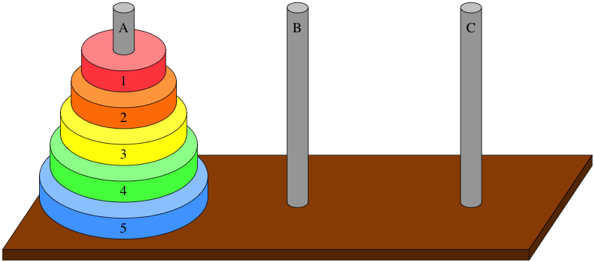
COMP SCI 240: Discrete Mathematics
Professor: Beck Hasti
This class (despite what CS majors tell you), didn't feel that hard. You may struggle with proofs in the beginning, but after a while it isn't so bad. Keep in mind that this class is cross-listed as math, with the cs department teaching in the fall and the math department teaching in the winter. If you are a cs/ce major, I would heavily recommend taking this class with the cs department in the fall, as it prepares you better for Intro. to Algorithms.
-
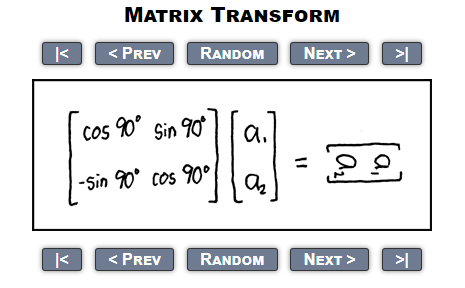
MATH 341: Linear Algebra (Honors)
Professor: Antoine Remond-Tiedrez
This class for me was a hard introduction to proofs. The class was very abstract compared to the math courses I had taken in the past, and many times I was left wondering what I was even doing. That being said, this class defintely reaffirmed my decision to major in math, and gave me a deeper appreciation of the rigor in upper-level mathematics. If you are at all considering majoring in mathematics, I would defintely recommend taking this class, especially if you are already majoring in computer science, as linear algebra is incredibly important for many upper-level electives(ML, Optimization, Cryptography, etc). We mostly used course notes, but we pretty much followed Linear Algebra by Friedberg, Insel, and Spence
-

MATH 421: Theory of Single-Variable Calculus
Professor: Nate Fisher
This class serves as a way to see the theory behind Calc 1, and a good introduction to proofs. We used Spivak's Calculus as our textbook. The assignments were usually pretty tough, but the exams in comparison were easier. If you are confident in your proof skills, I would say to skip this class and take Analysis, but if you want a little more practice with proofs, this class is for sure a good choice. This class pretty much covers the second half of MATH 521: Analysis
-

MATH 531*: Probability Theory
Professor: Vadim Gorin
This class was crazy hard. We jumped from topic to topic very frequently, and I felt that the class moved too quickly for me to fully understand topics. Homework ranged from super easy to incredibly unintuitive, exams were easier in comparison. A lot of math topics were mentioned but not deeply covered(Borel Sigma-Algebras, Lebesgue Integral, Characteristic functions). I would recommend taking MATH: 431 as your first introduction to probability instead of this class. Vadim was a cool professor. He's a super knowledgable guy, and a fellow Magic: The Gathering player.
-
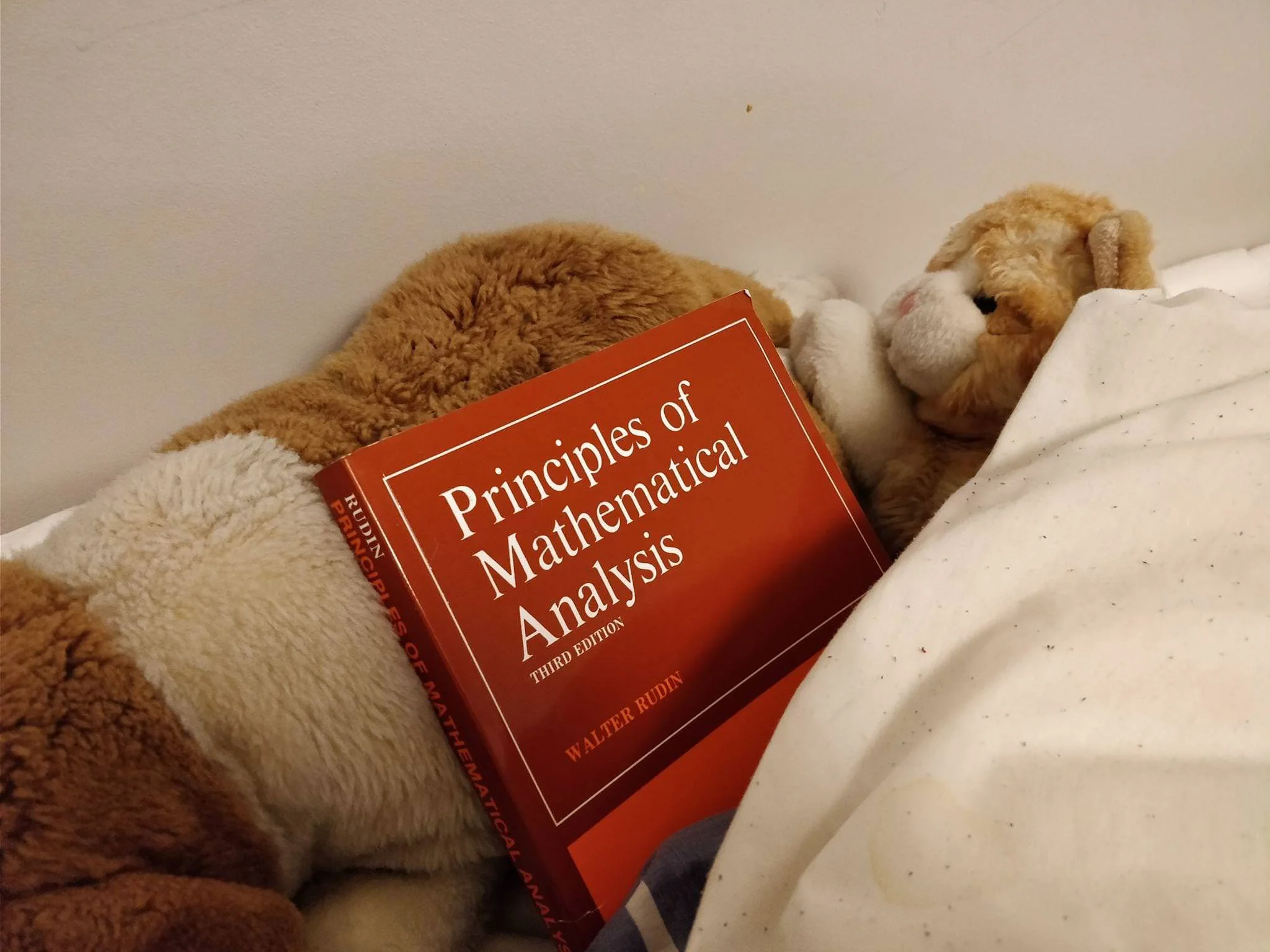
MATH 521: Analysis I
Professor: Laurentiu Maxim
Despite the general sentiment on Real Analysis, I didn't think this class was that bad(granted I took MATH 421 beforehand). Baby Rudin is concise, but often times to a fault. He would often just flat out omit important details in proofs. Chapters 2 and 3 were especially hard, but if you gain a good grasp of those two chapters, the rest of the book will follow nicely. Maxim was super chill and a good professor, don't listen to the people who badmouth him for the one semester he taught MATH 340 during covid.
-

COMP SCI 300: Programming II
Professor: Hobbes Legault
Compared to COMP SCI 200, this class was a lot more work. Programming assignments were pretty time consuming, but the topics covered weren't that hard to grasp. Exams and Homework were also pretty easy. I would recommend learning git/github in conjunction with this class, as it serves as a good way to archive your code, as well as learn software that you will use for the rest of your computer science career. If possible, take this class with Hobbes Legault. She should be referred to as Hobbes LeGOAT. She's incredibly charismatic, her lectures are engaging and informative, and just has good vibes across the board.
-
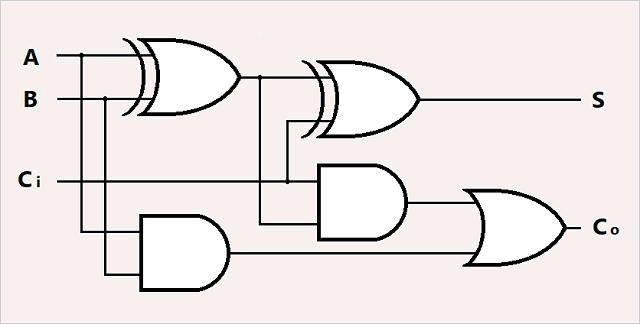
COMP SCI 252: Computer Engineering
Professor: Jim Skrentny
If I had to describe this class in one word it would be tedious. This class isn't hard in the slightest, but you cover pretty dull subjects and spend your time tracing code and converting between numeral systems. The silver lining is that exams are virtually identical to the homework, so just study the homework and exams won't be bad.
-

ASIALANG 113: First Semester Elementary Japanese
Professor: Emre Murat Bozer
I never thought I would be taught Japanese by a Turkish person, but it turned out to be a great experience! Bozeru sensei is super enthusiastic and attentive to questions. Attendance for this class was mandatory, which was great(atleast for me), as I was able to interact a lot with my classmates. Just know that if you take this class, you either are a weeb, or will be surrounded by them. Overall a very chill class and good introduction to the Japanese language.